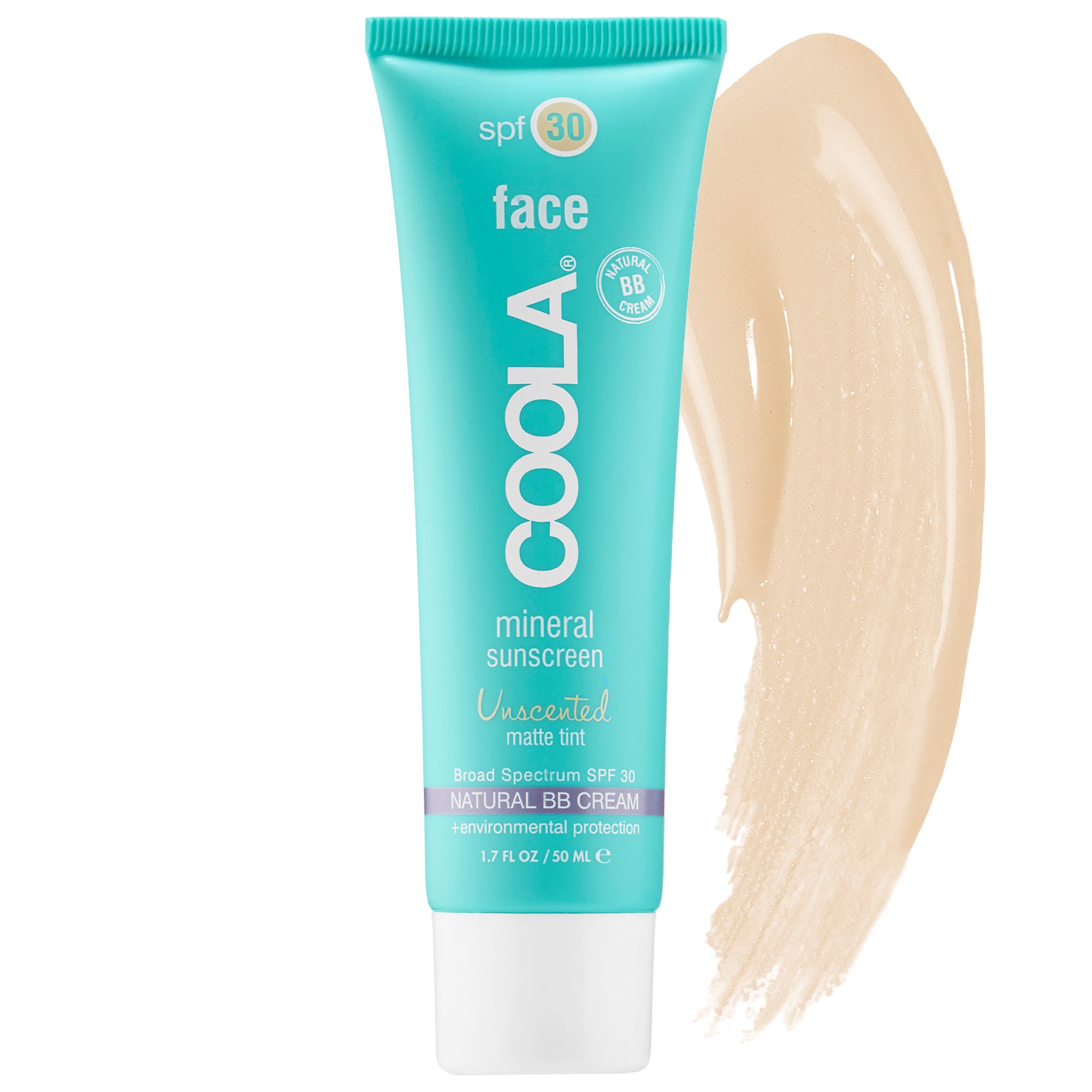

#Does coola sunscreen expire skin#
Offering broad spectrum SPF 30 protection, this Farm to Face® sourced spray will nourish and hydrate skin with 70%+ certified organic ingredients like Cucumber, Algae and Strawberry Extracts and Red Raspberry Seed Oil, a natural sunscreen booster rich in Omega-3 and 6. Hurray for Spray! Spritz your sunscreen on the go with this clear, continuous spray in an all natural Citrus Mimosa scent. The delicious Citrus Mango scent lingers for about 15 minutes before it dissipates. It is an easy to use spray-on sunscreen the applies evenly and dries down quickly. Shop certified benzene-free sunscreens ahead.1) COOLA Sport SPF 30 Citrus Mimosa Sunscreen Spray is perfect for all skin types and active outdoor sports. We are committed to making high-quality, safe and effective sunscreens available to consumers." Every ingredient we use in our products is carefully selected to ensure safety and performance in line with our rigorous 5-step safety assurance process. Benzene is not an ingredient in any of our personal care products and we are reviewing the findings presented in this petition. However, Gerson recommends avoiding spray sunscreens out of concern about inhaling the ingredients.įor their part, a Neutrogena representative says: "Nothing is more important than the health and safety of the people who use our products. Based on that, it's safe to select a sunscreen from the list of options that Valisure didn't detect any benzene in, among them the below SPFs from Neutrogena, Aveeno, La Roche-Posay, CVS Health, and Banana Boat.

The silver lining(-ish)? The lab highlights that the presence of benzene appears to be from manufacturing contamination, unrelated to the specific sunscreen ingredients used. Given that and Valisure's discoveries, both Gerson and Rogers are in favor of the FDA recalling the affected products. Intensifying her concern is the FDA's 2020 finding that six sunscreen ingredients - avobenzone, oxybenzone, octocrylene, homosalate, octisalate, and octinoxate - were absorbed through the skin and into the body, resulting in measurable blood levels. It has been shown to be linked to blood cancers even when its levels in products were in trace levels of parts per million," board-certified dermatologist Emily P. "Benzene is a well-studied and well-known carcinogen in humans. And while the CDC notes that benzene is " widely distributed in the environment," that's not exactly cause for comfort. She adds that benzene is associated with the development of blood cancers like leukemia, as well as cancers of the lungs, GI tract, liver, ovaries and breasts, so if you spot your sunscreen on the lists of affected products, stop using it.

Meanwhile, the FDA sets a recommended limit of 2 ppm per day - but according to board-certified dermatologist Heather Rogers, any exposure to benzene is worse than none, and there is an accumulative effect of being exposed to benzene, meaning multiple exposures leads to more DNA damage.

1 parts per million (ppm), which makes Valisure's findings of 2 ppm or higher in some sunscreens, from Neutrogena, Sun Bum, and CVS Health, concerning. The NIOSH sets benzene's recommended occupational exposure limit at. It found that 78 of the samples tested contained benzene, a substance that the CDC, World Health Organization, and National Institute for Occupational Safety and Health (NIOSH) defines as a carcinogen via inhalation, skin absorption, ingestion, and skin and/or eye contact.
#Does coola sunscreen expire full#
Valisure, a pharmacy that batch tests medication before it reaches consumers, tested 294 different batches of sun care products from 69 different companies (find the full results here, on page 12). But as a report from independent laboratory Valisure revealed last week, 27 percent of the sunscreen and after-sun products it tested contained benzene, a carcinogen - and unsettlingly, many of them are household names. Heading into the summer months, it's more important than ever to have a sunscreen on hand that you trust.


 0 kommentar(er)
0 kommentar(er)
